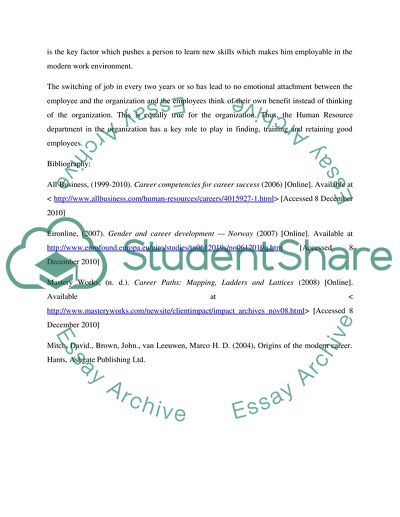Cite this document
(Learning Log: Employability and Personal Development Coursework, n.d.)
Learning Log: Employability and Personal Development Coursework. Retrieved from https://studentshare.org/education/1746520-employability-and-personal-development
Learning Log: Employability and Personal Development Coursework. Retrieved from https://studentshare.org/education/1746520-employability-and-personal-development
(Learning Log: Employability and Personal Development Coursework)
Learning Log: Employability and Personal Development Coursework. https://studentshare.org/education/1746520-employability-and-personal-development.
Learning Log: Employability and Personal Development Coursework. https://studentshare.org/education/1746520-employability-and-personal-development.
“Learning Log: Employability and Personal Development Coursework”, n.d. https://studentshare.org/education/1746520-employability-and-personal-development.


